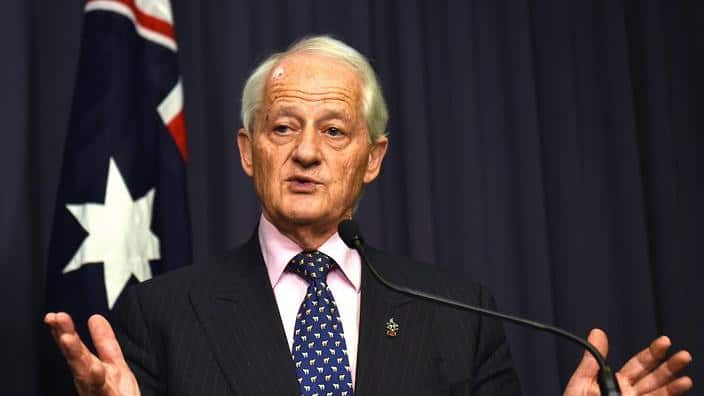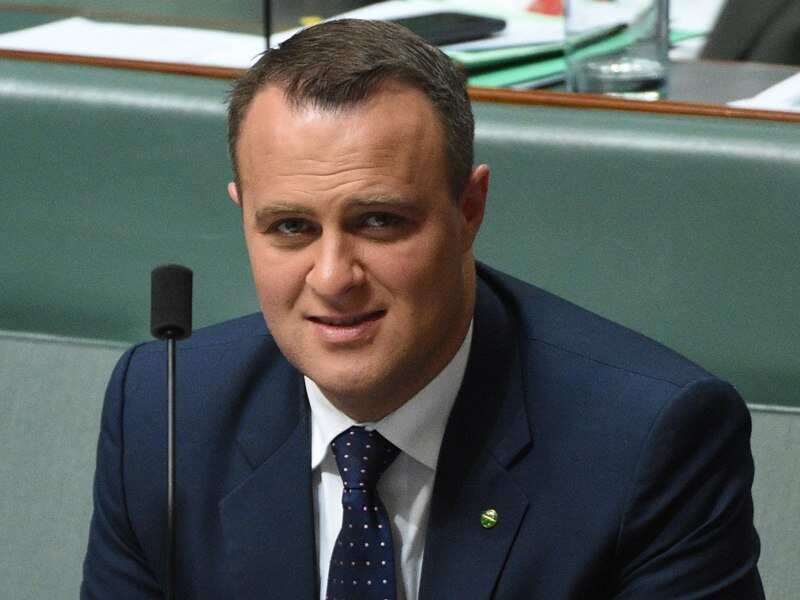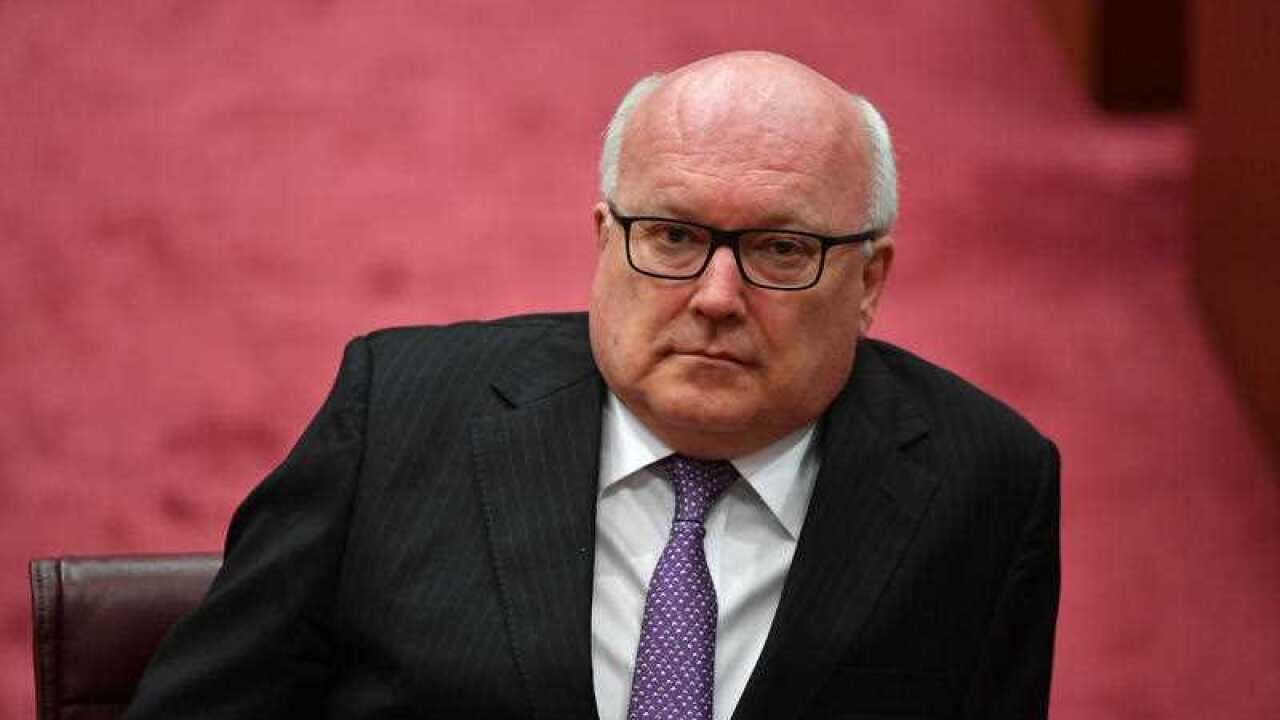The best part of last week’s national discourse was spent on whether some educational institutions have the right to expel students and sack teachers based on their sexuality.
Like most of us, I was blissfully unaware that this type of discrimination was enshrined in the law of the land, until sections of the Review of Freedom of Religion were leaked to Fairfax, and reported on last Tuesday. A particularly disturbing section of the report— recommendation 7 —reads in part,“the Commonwealth should amend the Sexual Discrimination Act to provide that religious schools may discriminate in relation to students on the basis of sexual orientation, gender identity or relationship status”. In short: let’s protect the human right to ‘freedom’ of religion, but let’s not protect the right of actual humans.
A particularly disturbing section of the report— recommendation 7 —reads in part,“the Commonwealth should amend the Sexual Discrimination Act to provide that religious schools may discriminate in relation to students on the basis of sexual orientation, gender identity or relationship status”. In short: let’s protect the human right to ‘freedom’ of religion, but let’s not protect the right of actual humans.

Former attorney-general Philip Ruddock has been appointed to ensure religious freedoms are protected as the same-sex marriage legislation moves ahead. Source: AAP
The fact that anyone can still lose their livelihood or be deprived a seamless education in 2018 because of who they are is abhorrent. Yesterday’s Fairfax-Ipsos poll echoed my thoughts, revealing that the vast majority of Australians (74 per cent) are appalled that any institution, by law, is able to ban students and sack teachers because of their sexual preference or personal identity.
What I find most intriguing about all this however, is how selective some sections of society are towards free speech and freedom from discrimination.
Since 2013, Federal laws have allowed religious education institutions to discriminate. In the last five years, why haven’t the likes of the Institute of Public Affairs (IPA), the right of the Liberal Party and vast swathes of the commentariat come out to defend the right of personal identity? After all, these are the groups who dispute section 18c of the Racial Discrimination Act and champion the right to an “open society”.
It is only in the light of the leaked report that some have come out to denounce the legislated discrimination, but many remain silent.
Compare the response, or lack thereof, to the ongoing attacks against section 18c of the Racial Discrimination Act after Andrew Bolt transgressed both, section 18c and the seemingly water tight section 18d of the act.
In a statement last year, the Liberal MP for Goldstein Tim Wilson said that described 18c as a weapon used to silence and censor unpopular views. “The law, in its current form, is utterly inconsistent with a free society," he said. Where was Mr Wilson in 2013, when Labor passed these laws? Where were the scathing opinion pieces, the guest appearances or the on-air debates with political adversaries on the erroneous attacks on people’s freedoms? But Mr Wilson is supportive of the report.  What these handpicked defences of our “freedoms” demonstrate— as a result of the brave who have not only been true to themselves, but who have advocated and created an environment that enables others to follow their lead —is that we have indeed come a long way in this country when it comes to recognising, gender and sexuality. The same, however, cannot be said of the nation’s journey towards celebrating racial diversity and recognising our true history.
What these handpicked defences of our “freedoms” demonstrate— as a result of the brave who have not only been true to themselves, but who have advocated and created an environment that enables others to follow their lead —is that we have indeed come a long way in this country when it comes to recognising, gender and sexuality. The same, however, cannot be said of the nation’s journey towards celebrating racial diversity and recognising our true history.

Liberal MP Tim Wilson called 18c "democratically dangerous" (AAP) Source: APP
For the better part of the last 20 years, it has become more and more mainstream to attack people based on their race or ethnicity— and it's not what Pauline Hanson might think. It's the political desire to push an agenda that appeals to white extremists when non-white people do not currently hold institutional power and are still marginalised from the mainstream. Another poignant example of this, of course, is her colleague Fraser Anning and his “final solution” speech.
In our current environment of race-based politics, it would be difficult to imagine the 1967 Referendum result as being as emphatic today as it was then. We can’t even get bipartisan support for the Uluru Statement from the Heart. Nor can we have a fact driven discussion about its contents without its intent being mischaracterised by those in power and those in the media.
The lack of consistency, the selectiveness in outrage of discrimination shows a hypocrisy from those that purport to be defenders of our freedoms, yet they defend when only they, themselves, need defending.
Those of us that reject discrimination of any sort, will put our shoulder to the wheel to make sure it is rejected wherever it exists. Aboriginal advocates have been doing this for generations, like William Cooper protesting outside the German consulate in 1938 after the Night of Broken Glass.
If you step back and pay attention, what all this reveals is that the outrage around 18c and the blasé attitudes to actual discrimination among the political class demonstrates a lack of authenticity in their convictions and erosion of confidence in those we elect. We have politicians that are selective in freedoms to defend and discriminations to outraged by, when they should be protecting the right of actual humans.
Daniel James is a Yorta Yorta man on Wurrundjeri land. Daniel is a writer, consultant and social justice advocate. Follow Daniel @MrDTJames
Share



